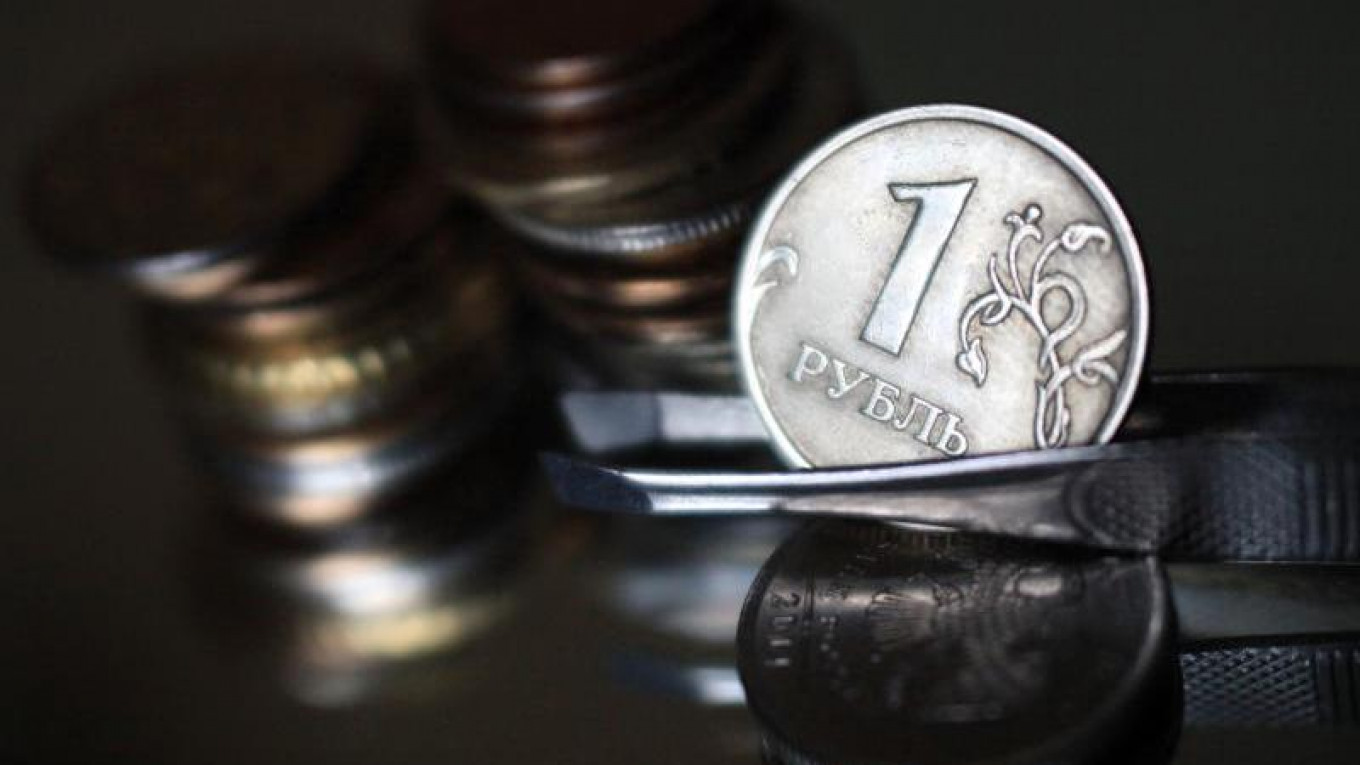The decline of the Russian economy has slowed, according to the State Statistics Service. The Economic Development Ministry has stated that gross domestic product rose by just 0.1 percent from the second to the third quarter of 2016.
However, it is still too early to talk about a recovery from the recession. The country should see two consecutive quarters of growth before leaders can officially announce that the recession has ended, whereas Russia’s GDP fell by 0.7 percent between January and September 2016, according to the Economic Development Ministry. Consumer demand was the main factor behind the slowing decline, according to Vneshekonombank (VEB) chief economist Andrei Klepach. Although retail sales grew by 0.8 percent over the last three months, compared to the decline of 15 percent against the average level in 2014, such a shift could be nothing but a minor fluctuation.
Demand primarily increased for imports, which rose significantly in the third quarter, while the decline in manufacturing picked up speed. Klepach pointed out that increased demand might prove short-lived because both fiscal and monetary policies are aimed at curbing consumption.
Natalia Orlova of Alfa Bank agreed, explaining that revived imports will only hamper economic growth because part of the final expenditures will go not toward supporting domestic production, but toward the purchase of imported goods. A stronger ruble might account for the renewed interest in imports, VEB said. Russia’s GDP continues to shrink and year-end figures might be worse than expected, Orlova warned.
Negative factors are producing a domino effect. Consider the price of oil, for example. Bank of America Merrill Lynch explains that several different factors influence it simultaneously: the higher value of the dollar due to an expected increase in the Fed rate, developing countries’ lower than usual demand for energy products due to anticipated changes in U.S. trade policies, and an increase in energy production in the U.S. itself.
Russian Urals oil closed on Monday at $38.93 per barrel. The Economic Development Ministry has forecast that GDP would drop by 0.6 percent in 2016 and increase by 0.6 percent in 2017. At that rate, the Russian economy would rebound to the level of 2014 no sooner than 2020. The baseline scenario for long-term forecast assumes stagnation, with GDP growing at an average rate of 1.8 percent annually.
Chairman of the Center for Strategic Reform and former Finance Minister Alexei Kudrin said that the macroeconomic situation has improved and that the focus has shifted to the microeconomic level where reforms are needed. According to the Economic Development Ministry’s target scenario, economic growth will exceed 4 percent annually as early as 2018 — but only if Russia makes the transition to an investment model by which companies achieve increased revenues through lower costs, an improved business climate, and support from non-raw materials exports.
One federal official points out, however, that effective investment does not consist of simply laying pipes in the ground or building bridges that go nowhere. The problem is that the crisis is affecting actual projects that under way, and fiscal policy is skewed away from supporting investment in infrastructure and human capital and toward social and defense spending.
A Message from The Moscow Times:
Dear readers,
We are facing unprecedented challenges. Russia's Prosecutor General's Office has designated The Moscow Times as an "undesirable" organization, criminalizing our work and putting our staff at risk of prosecution. This follows our earlier unjust labeling as a "foreign agent."
These actions are direct attempts to silence independent journalism in Russia. The authorities claim our work "discredits the decisions of the Russian leadership." We see things differently: we strive to provide accurate, unbiased reporting on Russia.
We, the journalists of The Moscow Times, refuse to be silenced. But to continue our work, we need your help.
Your support, no matter how small, makes a world of difference. If you can, please support us monthly starting from just $2. It's quick to set up, and every contribution makes a significant impact.
By supporting The Moscow Times, you're defending open, independent journalism in the face of repression. Thank you for standing with us.
Remind me later.








